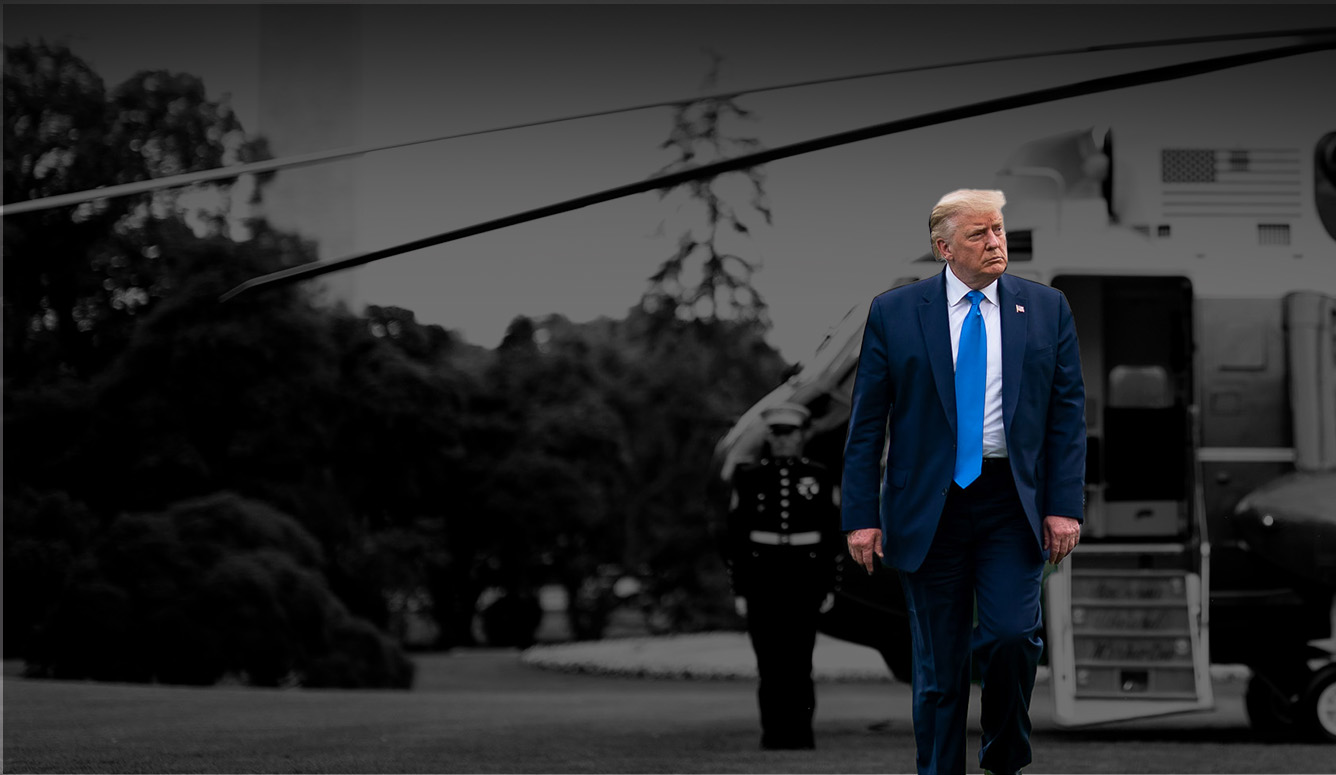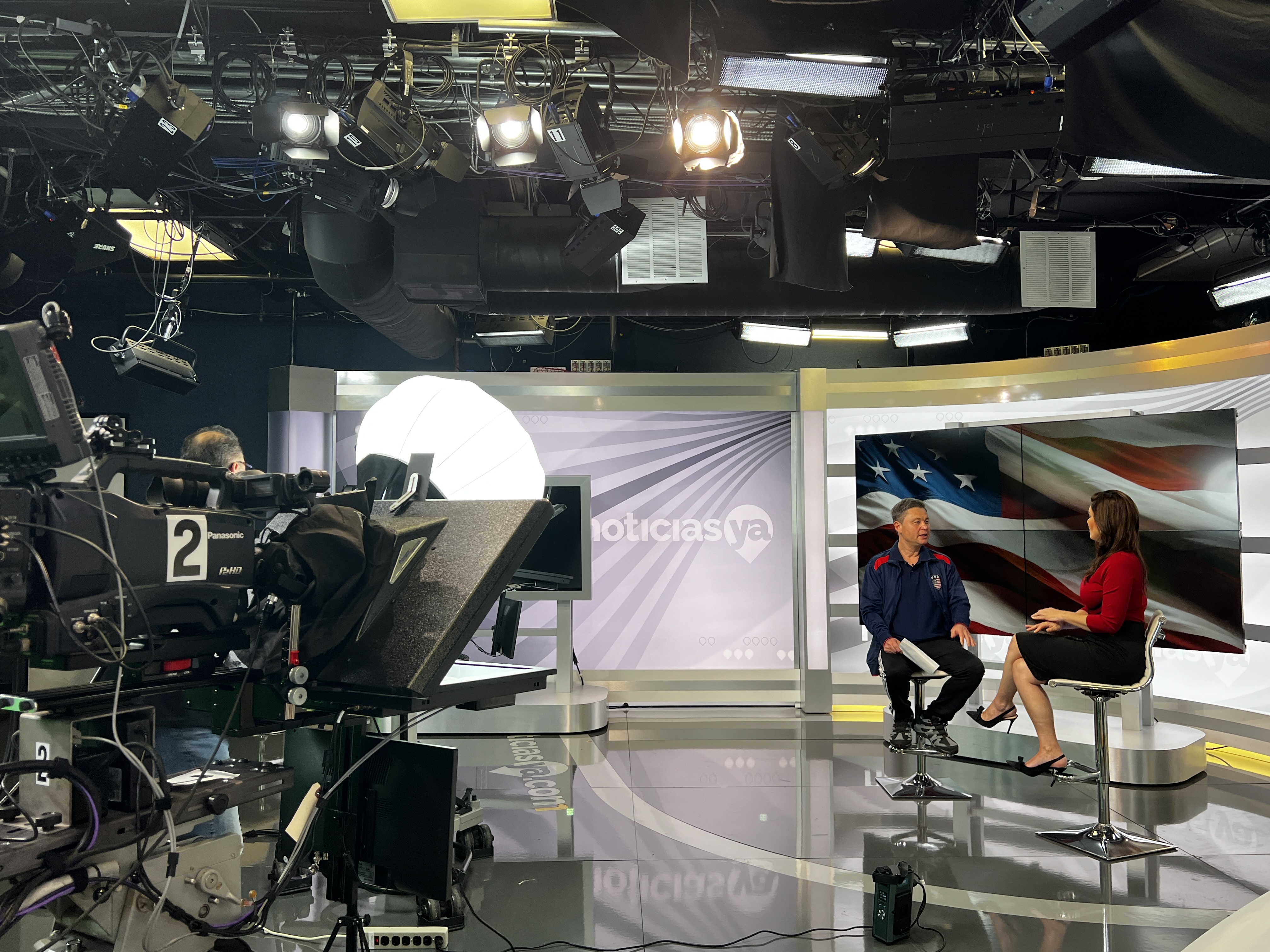Public Debates and Media Collaboration in Upholding Democracy
Our democracy stands at a critical juncture. As voters, we hold the power to shape a future marked by fairness, freedom, transparency, and accountability. The sanctity of our elections depends on us, the voters, Republican, Democrat, Libertarian, Independent, and others. The recent assassination attempt on our former President Donald J. Trump on July 13th, 2024, at the fairgrounds in Butler, Pennsylvania, is a stark reminder of the urgent need to unequivocally denounce political violence. While many politicians, leaders, and organizations have spoken out against this heinous act, our collective demand for action remains unmet. We have heard “thoughts and prayers” too often; it is time for decisive steps to safeguard our democracy.
Public Debates: A Deterrent to Political Violence
Imagine a political landscape where candidates from all affiliations—Republican, Democrat, Independent, Libertarian, and others—engage in vigorous, civil debates on the issues that matter most to us: the soaring cost of living, public safety, the economy, education, and the environment. Picture candidates shaking hands before and after these debates, symbolizing a commitment to unity and a rejection of political divisiveness. This vision is within our reach, but it requires our active participation and insistence on meaningful dialogue.
In recent years, our nation has witnessed a troubling rise in political violence and societal political divisiveness. This alarming trend threatens the very fabric of our representative democratic society and governance. One effective way to counteract this trend is by ensuring that political candidates engage in public debates as often as possible, weekly preferably. These public candidate debates provide a platform for candidates to present their policies, challenge their opponents, and articulate their visions for the future.
Public candidate debates offer several benefits:
Transparency and Accountability: The public and opponents hold candidates accountable for their statements and positions in real-time, under scrutiny.
Informed Electorate: Voters gain a comprehensive understanding of where each candidate stands on critical issues, enabling them to make more informed decisions at the ballot box.
Reduced Misinformation: Debates provide a direct line of communication from candidates to voters, reducing the spread of misinformation and ensuring that citizens receive accurate information.
Civic Engagement: Engaging in the democratic process through publican candidate debates encourages civic participation and fosters a sense of community among voters.
We as voters must demand that all candidates, whether local, county, state, or federal, commit to weekly in-person public candidate debates with their political challengers on the ballot. In states like California, where the Democratic Party holds a supermajority, it is imperative for Democratic candidates to lead by example. Similarly, in states where Republicans are the majority, such as Texas and Florida, Republican candidates must embrace this call for unity.
The Role of Media in Promoting Democratic Dialogue
To maximize the impact of public debates, it is imperative that news media and political organizations, large and influential ones such as Fox News and MSNBC, and smaller and more local ones like your NPR (National Public Radio), county GOP and Democratic Party, collaborate to co-host these events. Such partnerships are essential for several reasons:
- Broadening Reach: By joining forces, these media giants can reach a more extensive and diverse audience, ensuring that more Americans have access to the debates.
- Balanced Coverage: Collaboration between media outlets with differing ideological perspectives can lead to more balanced and impartial coverage, reducing the risk of bias and promoting fairness.
- Shared Resources: Pooling resources allows for the production of high-quality debate broadcasts, complete with expert analysis and comprehensive fact-checking.
- Unified Message: A united front among media organizations underscores the importance of public debates and reinforces their role in maintaining a healthy democracy.
As voters, we hold the key to this transformation. Let us pledge to support and vote for only those candidates who are willing to participate in these public candidate debates and demonstrate their dedication to our nation’s principles. By doing so, we send a powerful message: political violence has no place in our democracy.
A candidate, especially an incumbent, Republican and Democratic alike, unwilling to attend a weekly candidate meeting debate, and shake hands with their political challenger on the ballot in public, is unworthy of our vote.
It’s time for San Diego mayoral candidates Mayor Todd Gloria (D) and policeman Larry Turner (I), 51st Congressional District Congresswoman Sara Jacobs (D) and Mayor Bill Wells (R), 2026 gubernatorial candidates Leo Zacky (R) and Lt. Governor Eleni Kounalakis (D), and other candidates to lead the way and hold public debates on the cost of living, economy, public safety, education, and environment as soon as possible to prove they are genuinely against political violence and not silent supporters of it.
Inaction is a choice by candidates to not participate and shake hands with their political challengers is a danger we voters cannot or should not allow. Action to participate in weekly public debates with their political challengers and to shake hands is what is needed now more than ever in America!
Join us in reaffirming our commitment to a fair, free, transparent, and accountable election in 2024. Let us demand action, not just words, from our candidates. Together, we can foster a political environment grounded in respect, dialogue, and genuine patriotism.
This message is brought to you by the San Diego Republican, a grassroots local publication by Fuji Shioura. Join us in our mission to promote conservative values and candidates.


Leave a Reply